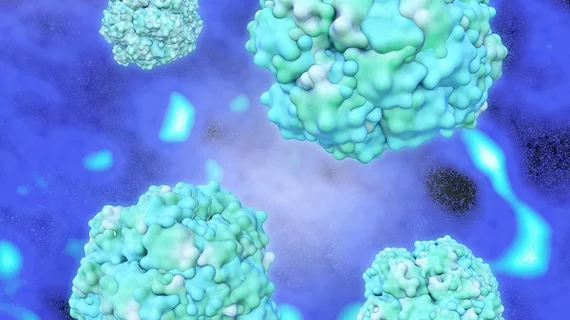Researchers develop AI oncologist to assist cancer patients
Researchers from the University of Texas MD Anderson Cancer Center in Houston have developed artificial intelligence (AI) with the aim to improve the accuracy of patient-specific clinical target volumes in cancer patients. Findings were published in the June 2018 issue of the International Journal of Radiation Oncology.
Before performing radiation therapy, oncologists must review images to identify gross tumor volume to develop patient-specific clinical target volumes of the surrounding tissue. However, variability between providers has led to patients being over- and under-dosed. In this study, researchers explained the development of an AI method in identifying clinical target volumes in cancer patients.
Led by Carlos Cardenas, a graduate research assistant and PhD candidate at the University of Texas MD Anderson Cancer Center, researchers collected data from 52 oropharyngeal cancer patients who had been treated at MD Anderson and had their gross tumor and clinical tumor volumes examined for radiation therapy. Deep learning was then able to mine the data for identifiers in making accurate predictions.
The model used gross tumor and distance map information from the surrounding anatomic structures to classify data into high, low and intermediate risk for patients. In testing the model, researchers found the results provided by the AI matched the work done by oncologists in a shorter amount of time.
"I think it's going to change our field,” said Cardenas. “Some of these recommender systems are getting to be very good and we're starting to see systems that can make predictions with a higher accuracy than some radiologists can. I hope that the clinical translation of these tools provides physicians with additional information that can lead to better patient treatments."

